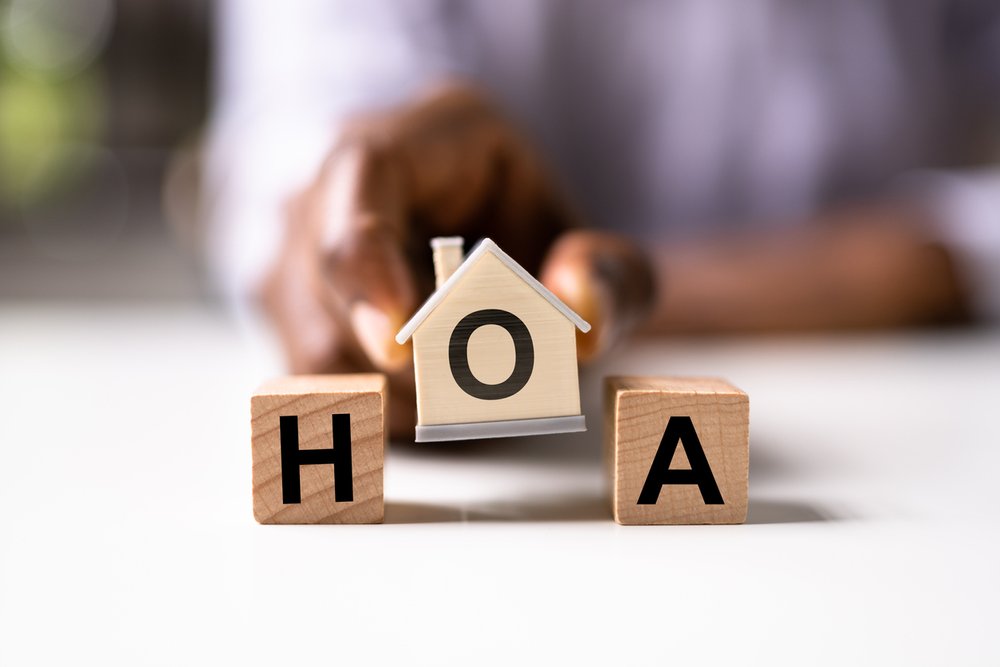
5 Best Practices for HOA Accounting
- November 28, 2022
- OHI

The real estate accounting requirements of HOA communities can be complicated. Budgets, financial objectives, and compliance with state rules and regulations regarding HOA finances are all the responsibility of the board. However, not all board members come with extensive accounting knowledge and experience.
Don’t worry. By adhering to these accounting practices, you can streamline the management of your client’s HOA finances. Let’s take An In-Depth Look at HOA Accounting and how they must be performed.
An audit is a comprehensive review of the financial records of an organization.
The purpose of an audit is to provide an HOA with an unbiased assessment of the effectiveness of the association’s financial reporting process and confidence in the integrity and completeness of its financial statements.
An audit verifies the accuracy of an HOA’s financial records. If there are discrepancies, an audit can assist the HOA in identifying and resolving them before they become significant problems.
Managing a client’s HOA finances requires knowledge of applicable state and local regulations. A community’s HOA bylaws may be affected by local regulations in several places.
Some states, for instance, mandate annual HOA audits irrespective of whether the board or members of the HOA request them. Further, the financial information must be submitted to the HOA board in accordance with the laws of some states.
To deliver your homeowners’ association clients the best accounting services possible, you need to be familiar with the laws that apply to the specific community.
Due to the large number of people who may have access to HOA financial accounts, such organizations are inevitably vulnerable to financial fraud.
It is thus among the primary duties of HOA managers to safeguard clients from financial exploitation. Keeping a close eye on the client’s financial transactions on a real-time basis is a must for achieving this goal.
Nowadays, several top-quality HOA management software systems offer built-in sync functionality, so you can easily do a bank reconciliation for all your clients.
This eliminates the need to check the online banking portals of multiple financial institutions simultaneously. Additionally, transactions get recorded, and accounts get updated instantly.
Therefore, you can now monitor all financial dealings in real time. If a client’s financial transaction raises red flags, you can notify them and recommend steps to mitigate the situation.
It is always preferable to be as precise as feasible when establishing the association’s chart of accounts and spending accounts.
For instance, avoid combining multiple accounts for monitoring revenue or sources. Take the time to organize everything thoroughly by creating subsections.
While it may seem like more effort now, this method of documenting everything will prove beneficial in the end. The more information the HOA gives its members, the more credible it seems.
Regular bookkeeping is a must to maintain the HOA in good financial shape. As a matter of good bookkeeping practice, it should be handled digitally.
Rather than balancing the books manually, you could save time and reduce room for errors by performing it through an HOA accounting software.
You can leverage HOA accounting software for all aspects of the association’s financial records, including the general ledger, reserve fund, and accounts payable and receivable.
Many bookkeeping tasks get automated by such systems, and you get a comprehensive, up-to-the-minute update on all your client’s financial accounts.
Knowing and understanding these essential financial fundamentals and procedures will help you better preserve your community’s funds and fulfil your fiduciary responsibilities.
In particular, when it pertains to homeowners and the fair management of financial information, you should let integrity and accountability inform your decisions.
Learn More About Our Accounting Services for Homeowners Association – VIEW HERE
Contact us for a customized NO OBLIGATION proposal for outsourcing your accounting activities.









